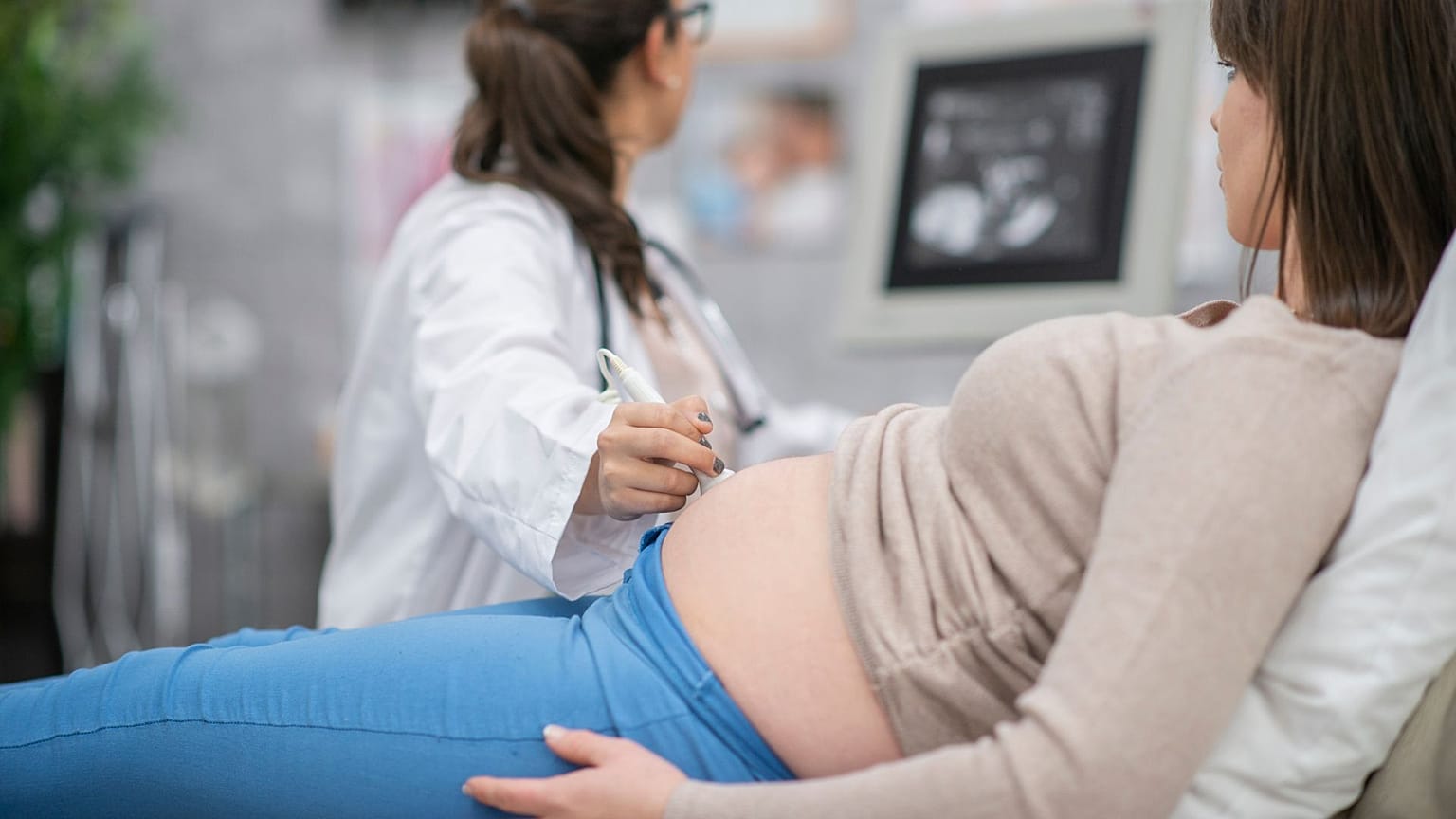Health
Late Motherhood Linked to Increased Risk of Postpartum Breast Cancer

Research indicates that having a first child after age 30 significantly increases a woman’s risk of developing breast cancer. Specifically, women who give birth later in life face a heightened risk of approximately 40 percent to 45 percent, according to findings from Weston Porter, a comparative oncology professor at Texas A&M University in the United States.
The condition, known as postpartum breast cancer, affects women under the age of 45 within a few years of childbirth. This often-overlooked form of breast cancer tends to be more aggressive than other variants, making early detection and specialized treatment essential.
Breast cancer affects about one in eleven women in the European Union and one in seven women in the United Kingdom. In 2022, approximately 2.3 million women globally were diagnosed with breast cancer, resulting in 670,000 deaths. The World Health Organization’s cancer research agency predicts these figures will continue to escalate over the coming decades.
While women over the age of 45 represent the majority of breast cancer cases and deaths, about 3.9 percent of all breast cancer deaths in the EU occur among women under 45. Symptoms of breast cancer can include a lump in the breast, changes to breast shape or skin texture, nipple discharge, or persistent pain, though early stages may be symptom-free.
Understanding the Risks Associated with Late Motherhood
Porter’s research sheds light on why the age at which a woman has her first pregnancy is crucial for assessing breast cancer risk among new mothers. His team discovered that having a first child in one’s 30s leads to changes in immune infiltration and inflammation in breast tissue. According to Porter, “there is a change in the immune infiltration or inflammation that is occurring” during lactation and post-nursing involution. This change results in an influx of inflammatory cells, which subsequently raises the risk of breast cancer.
By studying these cellular changes, researchers aim to identify potential markers or signs of cancer that could be targeted for improved treatment options. Interestingly, other studies have shown that pregnancy and childbirth can lower the risk of breast cancer for older women. This new research indicates that for first-time mothers in their 30s, the risks increase in the years immediately following pregnancy but decline over the long term.
Additionally, the number of children a woman has and whether she breastfeeds can also influence her overall cancer risk. A meta-analysis conducted in 2020 involving more than 50,000 women across 47 studies found that each additional year of breastfeeding per child could reduce breast cancer risk by more than 50 percent, from 6.3 to 2.7 cases per 100 women.
Given the increased risks for those who become mothers in their 30s, Porter advises these women to “be more vigilant.” He recommends regular mammograms and self-examinations to identify any lumps or abnormalities.
As the conversation around motherhood and health continues to evolve, ongoing research into breast cancer risks remains crucial for ensuring the health and well-being of mothers and their families.
-

 Top Stories3 months ago
Top Stories3 months agoTributes Surge for 9-Year-Old Leon Briody After Cancer Battle
-

 Entertainment4 months ago
Entertainment4 months agoAimee Osbourne Joins Family for Emotional Tribute to Ozzy
-

 Politics4 months ago
Politics4 months agoDanny Healy-Rae Considers Complaint After Altercation with Garda
-

 Top Stories4 months ago
Top Stories4 months agoIreland Enjoys Summer Heat as Hurricane Erin Approaches Atlantic
-

 World5 months ago
World5 months agoHawaii Commemorates 80 Years Since Hiroshima Bombing with Ceremony
-

 Top Stories3 months ago
Top Stories3 months agoNewcastle West Woman Patricia Foley Found Safe After Urgent Search
-

 Top Stories5 months ago
Top Stories5 months agoFianna Fáil TDs Urgently Consider Maire Geoghegan-Quinn for Presidency
-

 World5 months ago
World5 months agoCouple Convicted of Murdering Two-Year-Old Grandson in Wales
-

 World5 months ago
World5 months agoGaza Aid Distribution Tragedy: 20 Killed Amid Ongoing Violence
-

 World5 months ago
World5 months agoAristocrat Constance Marten and Partner Convicted of Infant Murder
-

 Top Stories4 months ago
Top Stories4 months agoClimbing Errigal: A Must-Do Summer Adventure in Donegal
-

 Top Stories4 months ago
Top Stories4 months agoHike Donegal’s Errigal Mountain NOW for Unforgettable Summer Views









